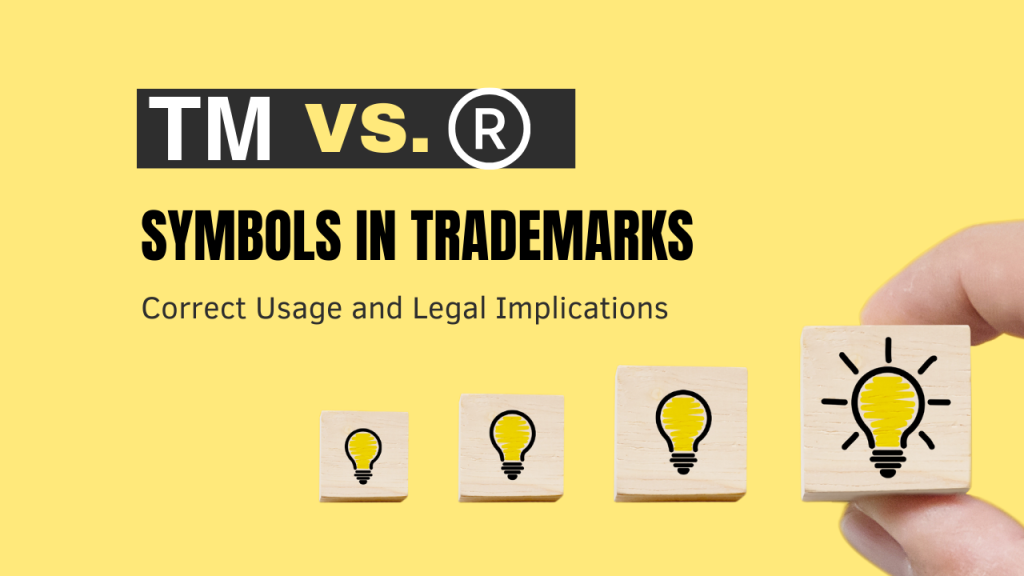Myth 1: Registering a trademark provides worldwide protection.
Fact: Registering a trademark typically provides protection only in the country or region where it is registered. If you want protection in multiple countries, you need to apply for trademark registration in each of those jurisdictions separately. Trademark registration and protection is territorial based, with the government of each country (the Trademark Office) having the authority and discretion to grant exclusive usage rights for a trademark.
Myth 2: Trademark registration need to be renewed every year
Fact: Many people think that trademarks need to be renewed every year, but that’s not the case in most countries. Generally, trademark registration is renewed every 10 years. Unlike patents that have an expiration date, trademarks can stay valid indefinitely as long as they are renewed on time before they expire, continue to be used and fulfil the renewal requirements.
Myth 3: Registering a company automatically grants exclusive rights to the associated trademark
Fact: While it is not uncommon for a company’s name to align with its trademark name, the registration or incorporation of a company solely establishes a legal entity for conducting business operations. This registration does not inherently confer any exclusive rights over the trademark. It’s important to understand that company registration and trademark registration are governed by separate sets of laws. The criteria and legal remedies differ significantly between company and trademark laws.
Myth 4: Trademarks and copyrights are the same thing.
Fact: Trademarks and copyrights are different types of intellectual property protection. Trademarks protect brands, logos, or symbols that identify goods or services, while copyrights protect original creative works like books, music, and artwork.
Myth 5: TM = ®
Fact: There is a misconception that the TM (™) symbol and the ® symbol can be used interchangeably on trademarks. However, this is incorrect. The TM symbol indicates an unregistered trademark, while the ® symbol signifies a registered trademark with exclusive rights. In Malaysia and many other countries, using the ® symbol on an unregistered trademark is a prosecutable offense. It’s crucial to use the correct symbol based on the registration status to avoid legal consequences.
Myth 6: Registering a domain name is the same as trademark registration.
Fact: Registering a domain name is a separate process from trademark registration. A domain name is an internet address, while a trademark is a protected brand identifier. While there can be overlap, they serve different purposes and require different forms of protection.
Myth 7: Common law rights are sufficient protection for a trademark.
Fact: While some protection exists under common law, relying solely on common law rights can be risky. Registering a trademark provides several advantages, including nationwide or regional protection, public notice of ownership, and the ability to take legal action against infringers.
Myth 8: Trademarks cover all goods and services.
Fact: Trademarks are registered for specific goods and services within specific classes. The World Intellectual Property Organization (WIPO) has established a classification system known as the Nice Classification, which consists of 45 classes. Each class represents a distinct category of goods or services. Trademark protection extends only to the categories or classes of goods and services listed in the registration. It is essential to identify and specify the appropriate classes during the application process.
Myth 9: Small businesses don’t need to register their trademarks.
Fact: Trademark registration is valuable for businesses of all sizes. It helps protect your brand from potential infringement, deters others from using similar marks, and enhances your ability to enforce your rights. Registering early can prevent costly legal disputes in the future.
Myth 10: Once a trademark is registered, it can never be challenged.
Fact: Trademark registrations can be challenged or cancelled under certain circumstances. For example, if a mark becomes generic, if it is not genuinely used, or if it was registered in bad faith. Regularly monitoring and enforcing your trademark rights is crucial to maintaining its validity.
If you still have doubts or questions about the misconceptions we just clarified, don’t hesitate to reach out to us for a complimentary consultation! Our experts are here to provide you with guidance and address any concerns you may have, help you to gain clarity on trademark registration.




